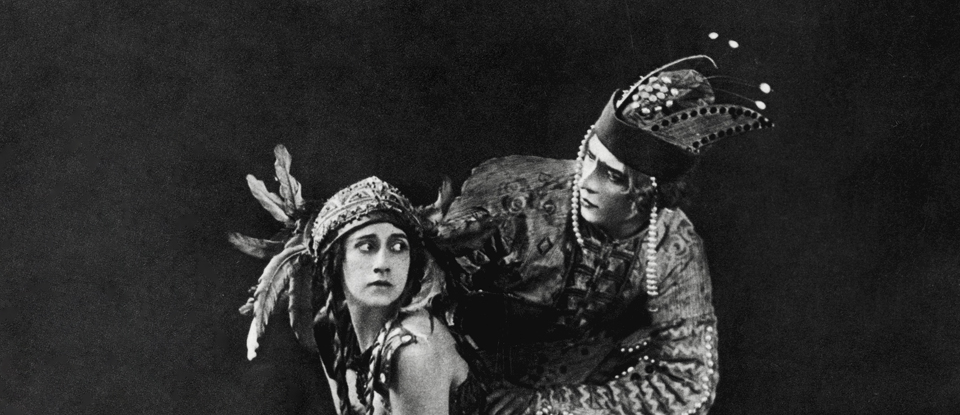The nameless narrator and his friends, one nicknamed "Dr. Jesucristo", one "The Moor", another "The Chink" wander around their predominantly Spanish New York neighborhood drinking at their homes or a bar known as "El Telescopio" after all the drunk Spaniards gazing up into their empty wine bottles as if peering into the heavens. These wanderings never sink into monotony: Alfau's descriptions of the city are lively and imaginative, his depiction of the 40's refreshingly natural and subdued. At various points the narrative dips into various stories and novels written by the narrator's friend Garcia: one a casi (corny) epic family drama involving the rise and tragic fall of a Madrid jewelry shop. Members of the family which run the shop commit incest, engage in BDSM and other frowned upon conduct. Another of Garcia's novels follows the life of a man given the power to skip ahead in his life over the "boring" parts without waiting. A classical "you get what you wish for" story. He similarly rises to great heights: becoming a wealthy businessman, then is sent to jail and loses everything over petty jealousy. Garcia recounts meeting him in his old age, destitute forced to live through all the memories he skipped over. It is a chilling scene. Both of these stories are dramatic almost to the point of absurdity but Garcia insists again and again that they are true. These were no doubt manuscripts which Alfau wrote and was highly self-critical of. The narrator often breaks in and comments on the absurdity of certain passages and begs Garcia to skip over the erotic content rendering the soap opera like sections immune from outside criticism form the reader. The stories play no major role in the overarching plot, or better said: there is little outside plot and these embedded stories provide a structure to a novel which is otherwise predominantly philosophical and aesthetic.
One section which takes place in New York concerns the narrator reading some notes his friend had written regarding his theory of space-time. These notes (and subsequent dialogue) argue that time is actually a fourth spatial dimension, light a fifth. Keep in mind Alfau was writing this less than 30 years after the theory of general relativity was published so his interest is notable. Alfau conveys the theory well and the skeptical narrator acts as the reader's avatar, poking holes in the theory at every turn. In another noteworthy series of sections the narrator sees into the mind of a strange, distinctly assimilated man. This results in bizarre, tortured scenes, one of which is almost identical to a scene in Sadegh Hedayat's Blind Owl. The scenes are by far the darkest and funniest in the novel and the dream like air lends a nice contrast to the bare realism of the New York meta-narrative.
Alfau was a music critic by trade and this is totally evident in the novel. Music plays a large role in Chromos and his descriptions of music and musicians are amazing:
"He was playing again from Chopin, something sad, sorrowful to the point of lugubriousness: "He was a sick man, no doubt of that," he said half to himself, "but in other things he showed tremendous force and rebellion-vitality. Berlioz made a mistake in judging him with a banal cruelty induced by the desire, fashionable at the time, of making one more phrase. Chopin was not dead all his life. He has not died yet"
The finale of Chromos is a perfectly paced slow crescendo of scenes and ideas that build in intensity of movement and thought into a swirl of dream and reality which then bursts at the seams leaving the narrator and the reader wandering the streets of New York dazed and spent. This is unlike the ending of any novel I've come across in strength and mastery aside from perhaps Gately's story at the end of Infinite Jest. This is one of the few 20th century novels (that I've read) that allows itself to finish with a bang and does it really well.
The writing, and Alfau's grasp of language is excellent. The prose flows easily, is crisp and imaginative and is punctuated every now and then by "tough words" which is to say the novel will gently expand your vocabulary. The novel as well moves along at an easy, enjoyable, castizo pace and never drags. Alfau protested that there was no reason to publish Chromos as it did not "make sense". The book is interesting as the gap between when it was written and when it was published means it had no impact on the literature of its time and Alfau was out of the scene by the time anyone had time to interact with him and his work. Chromos stands as a sort of lacuna in the progression of fiction, while retaining even yet the potential for great impact. If you are at all interested in Spanish culture, New York during the 1940's, or post-modernism I could not recommend this novel enough.


No comments:
Post a Comment